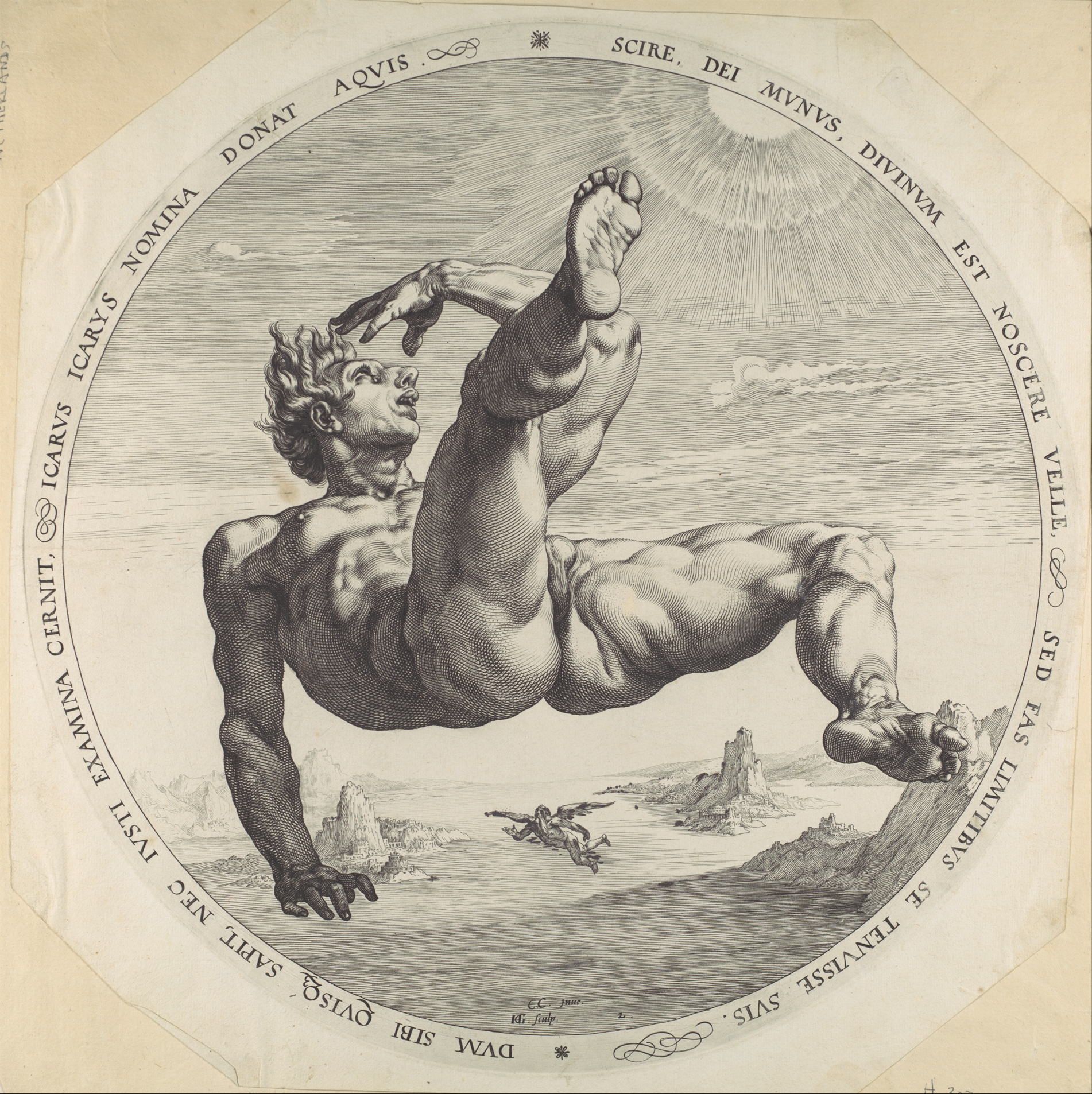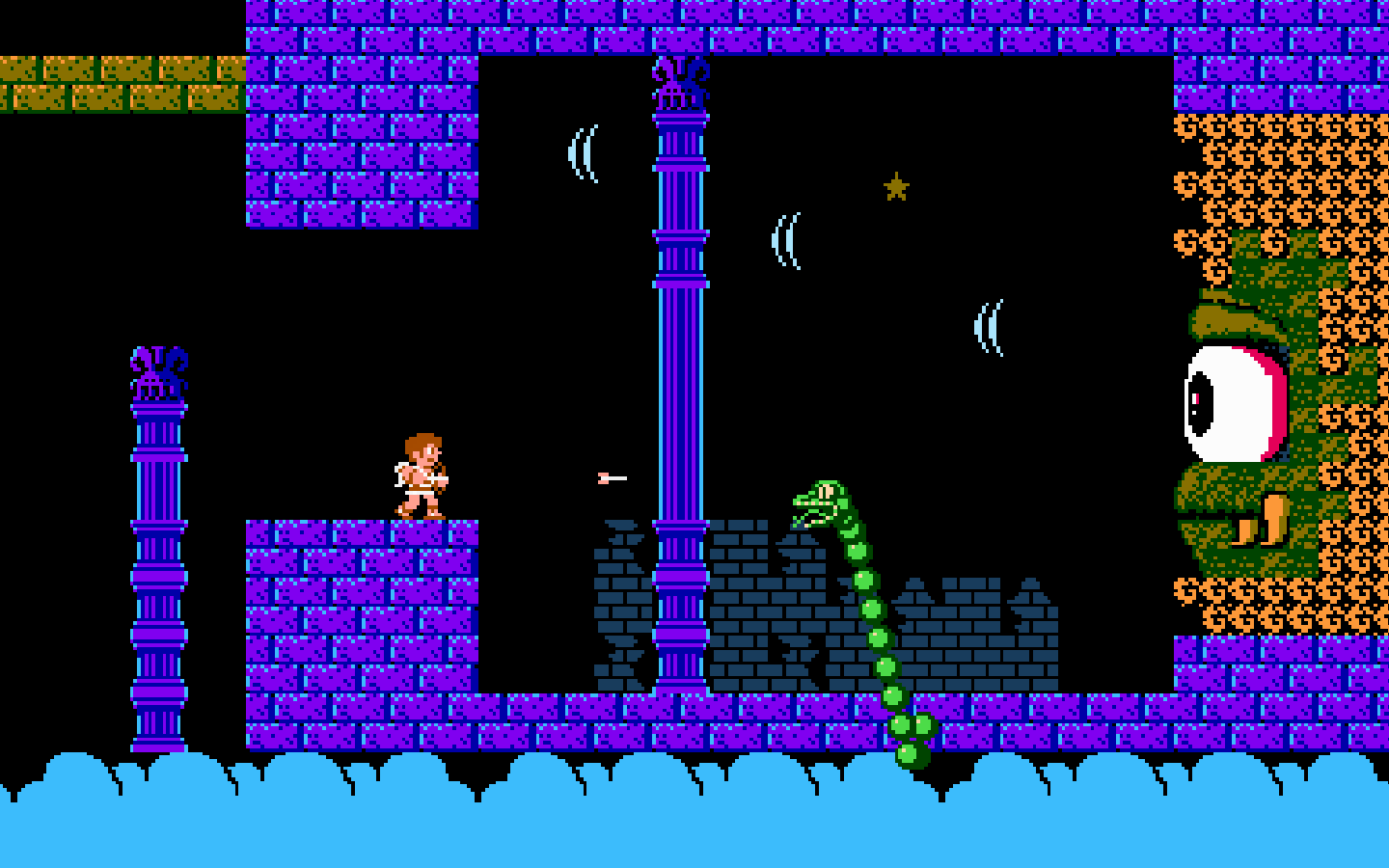Discover how standing up to a bully in sixth grade taught me invaluable lessons about courage and speaking out.
Hey, y’all. In support of anti-bullying efforts, I want to share a personal story with you. When I was in the sixth grade, a kid in the lunch line bullied me. Every day, he would stand behind me and push me relentlessly. So, I went home and asked my parents, “How can I deal with this bully?” My dad suggested, “Just push him back,” whereas my mom cautioned, “Don’t listen to him; you’ll end up in trouble.” Fast forward to another day in the lunch line. Did I push him back? Yes, I summoned the strength, feeling empowered like Naruto, and pushed him. He fell to the ground, and I was astounded by my own strength. Panicked, I ran to the bathroom—the girls’ bathroom—and hid there for the entire lunch period: five minutes, then ten, then twenty. Eventually, the assistant principal called out, “Are you in there?”
I was then taken to Missus Schott’s office. Why she was named “Missus Schott” intrigued us all, as rumors suggested she kept a shotgun in her office. She asked why I was hiding in the girls’ bathroom. I explained how the boy who had been bullying me all year provoked me to push him. I apologized profusely. She reassured me, “It’s okay. We’ve been aware of his behavior. I’m glad you brought this to our attention. You’re okay.” That boy was disciplined for his actions.
But the story doesn’t end there. Upon returning to my sixth-grade class, guess what happened? He was suspended—not me. When I entered the classroom, to my surprise, my classmates applauded. It dawned on me that I wasn’t the only one suffering from his bullying.
Ever since that incident, the boy never bothered me again. I can barely remember what he looked like. So, what’s the moral of my story? I don’t advocate for physical retaliation, but it’s crucial to stand up for yourself. Bullies operate on a simple principle: as long as they believe they can evade consequences, they will persist. Perhaps the best approach is to speak up and make it clear that their behavior is unacceptable.









